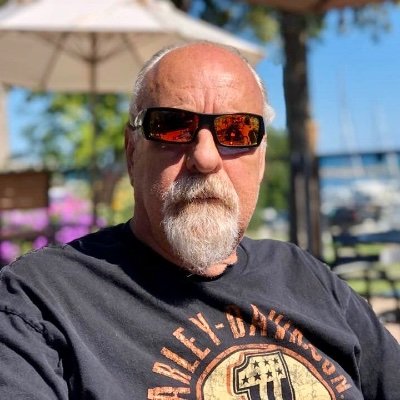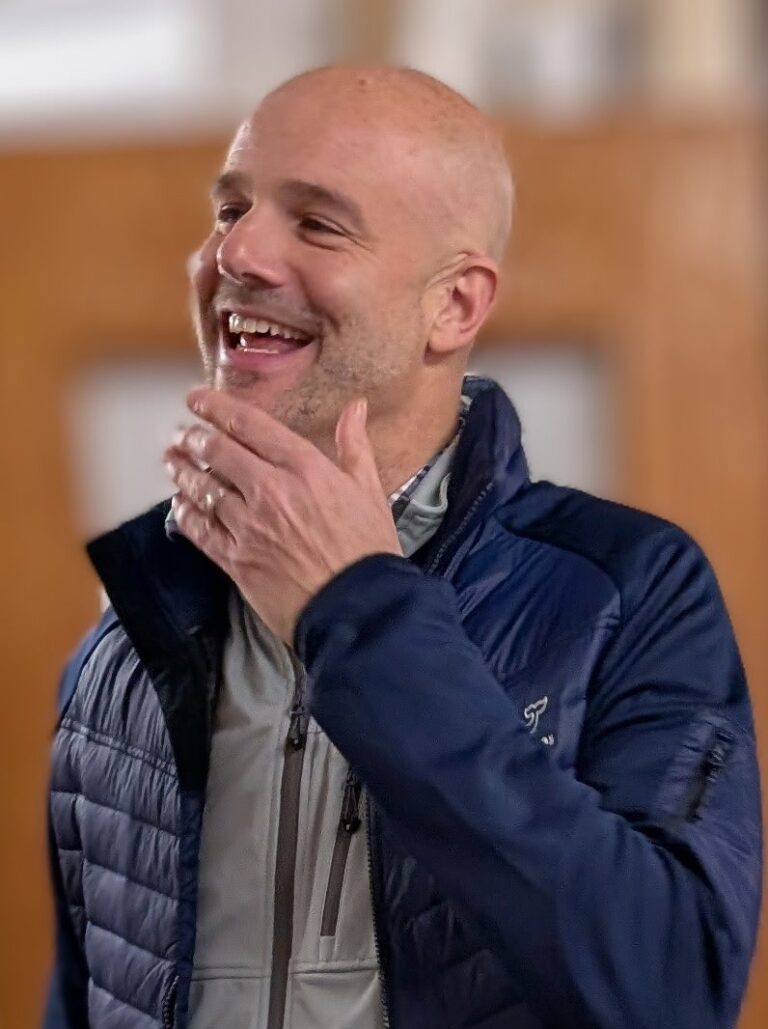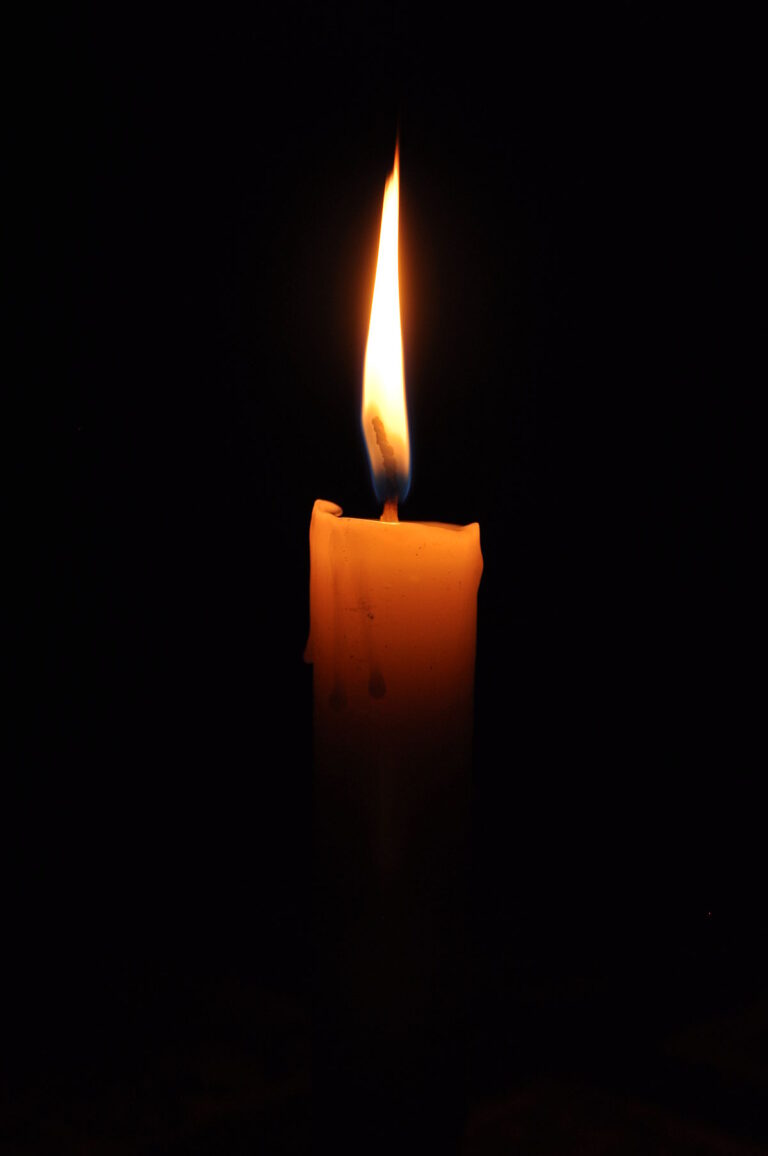Jean-Claude Germain, Founding Father of Contemporary Quebec Theatre, Dies at 85
Jean-Claude Germain, a towering figure in Quebec’s cultural landscape and one of the founding fathers of contemporary Quebec theatre, passed away on Thursday at the age of 85 in Magog. His death was announced by Sylvain Bélanger, artistic director of the Centre du Théâtre d’Aujourd’hui, through a heartfelt message on social media. “This passing is devastating,” Bélanger wrote, having received the news from Germain’s daughter, Christine.
Germain’s contributions to Quebec’s artistic identity are both vast and profound. A playwright, director, journalist, columnist, and cultural visionary, Germain was celebrated not only for his extraordinary creative output but also for his charisma and boundless energy. Known for his booming laughter and ever-present pipe, he left an indelible impression on those who knew him and the audiences who followed his work.
Born in Montreal on June 18, 1939, Germain was an only child who gained early glimpses of the world by accompanying his father, a traveling salesman. His love affair with the stage began as a teenager attending performances at the Gesù, where major troupes like the Théâtre du Nouveau Monde staged productions. These experiences would ignite a lifelong passion for theatre.
Germain pursued classical studies at Collège Sainte-Marie and later studied history at the Université de Montréal. He went on to work as a journalist and theatre critic for Le Petit Journal, sharpening a voice that would soon become instrumental in shaping Quebec’s dramatic narrative.
In 1968, Germain became the first executive secretary of the Centre d’essai des auteurs dramatiques (CEAD), a pivotal institution in the evolution of Quebec theatre. That same year, the CEAD moved into the Théâtre d’Aujourd’hui — a converted garage on Papineau Street — placing Germain at the heart of a cultural revolution. With colleagues, he challenged the dominance of classical French theatre, paving the way for a distinctly Québécois dramatic voice.
“I founded my own troupe in the Théâtre d’Aujourd’hui to push back against the classics,” Germain once said. That troupe, initially called Théâtre du eponyme, later became Les enfants de Chénier and eventually Les p’tits enfants Laliberté. Between 1969 and 1970, three of Germain’s plays were staged there, marking a turning point even as the theatre navigated its own identity crisis.
A prolific writer, Germain penned nearly thirty plays, many in the 1970s, earning the Victor-Morin Prize in 1977 from the Société Saint-Jean-Baptiste de Montréal for his “significant contribution to Quebec theatre.” His legacy extended far beyond the stage: from 1990 to 1998, he served as honorary president of the Montreal Book Fair and was a well-known columnist and cultural commentator.
In a reflective video interview marking CEAD’s 40th anniversary, Germain noted with his characteristic wit, “Nothing happened in the 1960s. The theatre of the 1960s resembled that of the 1950s.” Yet it was precisely his refusal to accept that status quo that helped birth a new era.
Jean-Claude Germain’s voice, vision, and vibrancy transformed the landscape of Quebec theatre and literature. As Sylvain Bélanger poignantly expressed in his tribute:
“Thank you for your audacity. Thank you for everything you have pioneered, with passion, lucidity, intelligence, and always with infectious pleasure. On behalf of myself and our entire wonderful team: our deepest respects and tributes.”
Quebec has lost a cultural giant — but Jean-Claude Germain’s legacy will echo through the corridors of Canadian theatre for generations to come.







